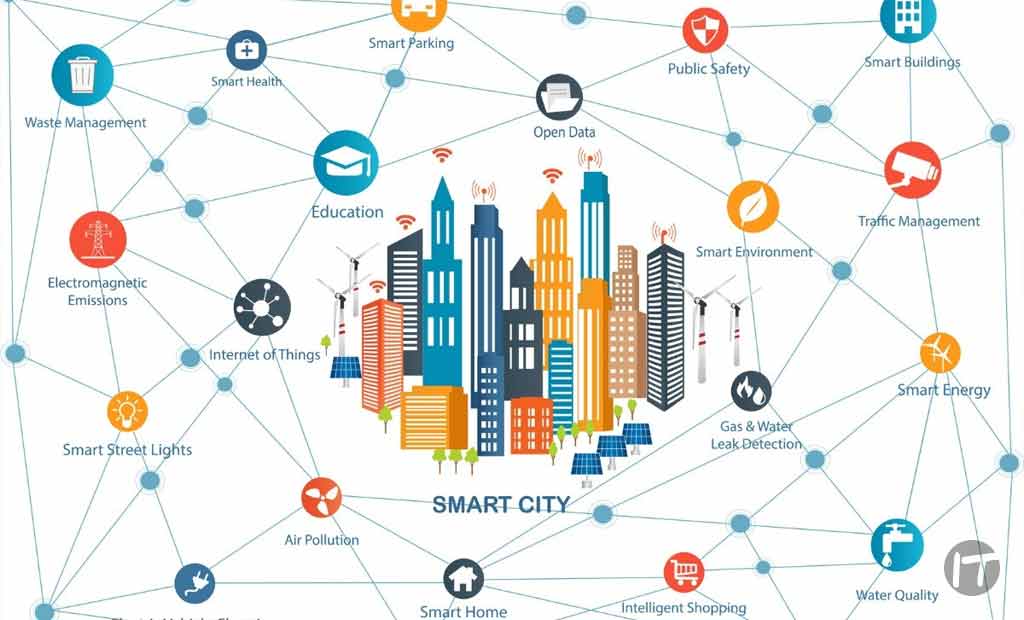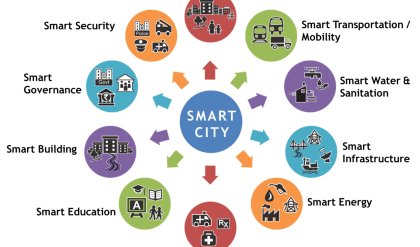
Smart Services: Save Time & Money with These 7 Genius Hacks
In today’s fast-paced world, time is arguably our most valuable commodity. Juggling work, family, and personal life often leaves us feeling stretched thin. Fortunately, a plethora of smart services are emerging, designed to streamline our lives and free up precious time and resources. This article explores seven ingenious hacks leveraging these services to help you reclaim your schedule and your budget.
1. Automate Your Finances: Budgeting Bots & Bill Pay
Forget manual spreadsheets and late-payment fees. Intelligent budgeting apps, like Mint or YNAB (You Need A Budget), automatically categorize your transactions, track spending, and even project future expenses. Couple this with automated bill pay through your bank or dedicated services, and you’ll eliminate late fees and free up mental space once devoted to tedious financial management.
2. Meal Planning Mastery: Personalized Nutrition & Grocery Delivery
Grocery shopping and meal planning are time sinks many struggle with. Apps like Mealime or Plan to Eat allow you to create custom weekly meal plans based on dietary preferences and available ingredients. Integrate these with grocery delivery services like Instacart or Amazon Fresh, and you’ll have fresh ingredients delivered right to your door, eliminating the need for long shopping trips.
3. Declutter & Conquer: On-Demand Cleaning & Recycling Services
A cluttered home leads to a cluttered mind. On-demand cleaning services like Handy or TaskRabbit can provide professional cleaning at your convenience, while services specializing in e-waste recycling or clothing donation pickup ensure responsible disposal and reduce environmental impact. Schedule regular cleanings and recycling pickups to maintain a clean and organized living space effortlessly.
4. Smart Home Integration: Energy Savings & Automated Convenience
Smart home technology offers remarkable convenience and cost savings. Smart thermostats (like Nest) learn your preferences and adjust temperature automatically, reducing energy bills. Smart lighting systems allow for automated lighting schedules and remote control, enhancing security and convenience. The cumulative effect on both your wallet and your peace of mind is substantial.
5. Streamline Your Travel: AI-Powered Travel Planning & Booking
Planning a trip can be a daunting task. AI-powered travel platforms leverage data to find the best flight and hotel deals, offer personalized itineraries, and even manage your bookings. Say goodbye to hours spent comparing prices and hello to seamless, stress-free travel arrangements.
6. Personalized Learning: Online Courses & Skill Development
Upskilling and reskilling are crucial in today’s competitive job market. Online learning platforms like Coursera, edX, and Udemy offer a vast library of courses catering to all interests and skill levels. Invest in yourself and learn new skills at your own pace and convenience, boosting your career prospects and personal enrichment.
7. Health & Wellness Optimization: Remote Healthcare & Fitness Tracking
Maintaining good health is paramount. Telemedicine services offer convenient access to healthcare professionals, eliminating the need for lengthy appointments and travel. Fitness trackers and apps provide personalized fitness plans and monitor your progress, encouraging healthy habits and promoting overall well-being.
Smart Services Summary Table
| Service Category | Example Services | Time Saved | Money Saved |
|---|---|---|---|
| Finance | Mint, YNAB, Automated Bill Pay | Significant | Significant |
| Meal Planning & Grocery | Mealime, Instacart, Plan to Eat | Moderate | Moderate |
| Home Organization | Handy, TaskRabbit | Moderate | Moderate to High |
| Smart Home | Nest, Philips Hue | Minimal to Moderate | Moderate to High |
| Travel Planning | Skyscanner, Kayak | Significant | Significant |
| Education & Skill Building | Coursera, Udemy | Varies | Varies |
| Health & Wellness | Teladoc, FitBit | Moderate | Moderate |
Embracing smart services doesn’t mean replacing human interaction entirely. Instead, it’s about strategically leveraging technology to automate mundane tasks, reclaim your time, and manage your finances more effectively. By implementing these seven genius hacks, you can create a more efficient, organized, and ultimately, fulfilling life.

Additional Information
Smart Services: A Deeper Dive into Time & Money Savings
The concept of “Smart Services” leveraging technology to optimize time and money is gaining significant traction. While a superficial overview might highlight seven “genius hacks,” a deeper analysis reveals a complex interplay of technological advancements, user behavior, and economic factors that determine their actual effectiveness and impact. Let’s delve into a more nuanced understanding.
Beyond the Hacks: Unveiling the Underlying Mechanisms
The touted “hacks” – likely encompassing areas like automated bill payments, subscription management tools, smart home devices, personalized financial advice apps, online grocery delivery, ride-sharing services, and task automation platforms – rely on several core technological and economic principles:
-
Automation & Algorithmic Efficiency: The foundation lies in automating repetitive tasks. Automated bill payments eliminate late fees and manual effort. Algorithmic optimization, seen in ride-sharing apps’ route planning or personalized financial advice’s asset allocation strategies, improves efficiency and reduces costs associated with manual decision-making. However, the efficacy hinges on the accuracy and robustness of the algorithms. Errors or biases can lead to unforeseen expenses or time loss.
-
Network Effects & Economies of Scale: Services like ride-sharing and online grocery delivery benefit significantly from network effects. The larger the user base, the more efficient and cost-effective the service becomes. This leads to lower prices for consumers and higher profits for providers. However, this also raises concerns about market dominance and potential exploitation of gig workers.
-
Data-Driven Personalization: Many smart services utilize user data to personalize their offerings. This can lead to improved user experience and more efficient resource allocation. For instance, personalized financial advice apps analyze spending habits to suggest tailored savings plans. However, data privacy and security are paramount concerns. Breaches can lead to financial and reputational damage, diminishing the perceived value of these services.
Critical Analysis of the “Genius Hacks”:
Let’s examine some specific examples, highlighting both advantages and limitations:
-
Automated Bill Payments: While convenient, reliance solely on automation can mask potential billing errors or fraudulent charges, requiring regular manual checks.
-
Subscription Management Tools: These tools effectively manage recurring payments, but fail to address the core issue of overspending on unnecessary subscriptions. Users still need discipline to identify and cancel unwanted services.
-
Smart Home Devices: While energy-efficient in theory, the upfront investment cost and potential for technical malfunctions can offset long-term savings. Furthermore, data privacy concerns related to connected devices remain significant.
-
Personalized Financial Advice Apps: These apps offer valuable insights, but they should not replace professional financial advice, especially for complex financial situations. Over-reliance can lead to misinformed decisions.
Case Study: The Impact of Ride-Sharing on Urban Mobility
Ride-sharing services significantly impacted urban mobility, providing convenient and often cheaper alternatives to taxis. However, studies have also highlighted negative impacts such as increased traffic congestion in some cities, job security concerns for traditional taxi drivers, and environmental consequences due to increased vehicle miles traveled. The overall impact is complex and context-dependent.
Conclusion:
Smart services offer significant potential for time and money savings, but their effectiveness depends on various factors. A critical analysis beyond the marketing hype is essential. Users need to be aware of the underlying mechanisms, potential limitations, and associated risks, making informed decisions to optimize the benefits and mitigate potential drawbacks. Future research should focus on improving algorithmic transparency, addressing data privacy concerns, and evaluating the long-term social and economic impact of these rapidly evolving services.





